Can I Get Financing In France?

The answer is a straightforward yes, and no strings attached. This is so true that foreign real estate companies buy French real estate every time the market plunges.
The second question that comes up is about financing property in France. Too often, foreigners do not know that they can get financing from French banks and often it is worth considering, especially when interest rates are lower in France than in their home country.
General Rules
In France, all banks and loan companies follow the same rules. Financing is based on your capacity to borrow (capacité d’emprunt) in terms of income. Collateral, assets, lien on other property, only add to your credibility, but by no means can be the basis for a loan. French banks or loan companies allow you to make repayments up to 30% of your monthly income, net of social charges and before income tax. In the 30% they include rent and other loans you have. Usually loans are offered for a maximum of 15 years; although some banks allow up to 20 years, and very exceptionally, 25 years. The main reason being, that over 15 years you borrow very little extra capital, and pay mainly interest in the extra years.
Banks and downpayments
Most banks require a 20% down-payment, although some banks may finance 100% of the property. Notaire fees (setting up fees, state taxes, etc.) are not financed by the bank, and are not considered as down-payment, which from a banker’s point of view, is a percentage of the sale price. So you must set aside approximately 7-8% to pay the fees that will not go into the property. If you are salaried, you must be beyond your trial period. For independents, you need 2 to 3 years of track record, and getting a loan is more difficult.
General Tips
Whether you are a resident or non-resident, ask for a branch specialized in dealing with foreigners. Most establishments have one, and it makes life easier. Foreign banks and loan companies operating in France go under the French system. However, their staff is more experienced in dealing with foreigners, and is generally English-speaking.
Banks and loan companies do make a distinction between buying property as a primary residence, rental property, or holiday home. Primary residence is where bankers are most flexible as that is where you are most likely to repay. Rental property is considered more risky from a banker’s point of view, because your tenant may not pay. They take into account 70% of your future rental income in general when studying your loan application. Holiday homes are what bankers like least, especially if you are a non-resident. However, in most cases where the 30% capacity to borrow condition is met, you get your loan. Some evaluate the property you are buying, at no extra cost. They may refuse to finance on the basis of this evaluation. In that case, it is best to give up.
It is a good idea to look at the financing before even looking at properties, as it will give you a realistic budget to work on.
Also, you need to put the details of your financing in the binding document between the buyer and the seller called “promesse de vente.” In this document there is the “condition suspensive.” You are buying on the condition you get the loan, and you have to specify details of the loan: amount, duration, rate. It is important that this be absolutely accurate. If under these conditions, your loan application is turned down, you get your 10% down-payment back. If you are taking out a loan, make sure the paragraph concerning the “conditions suspensives” is filled in.



